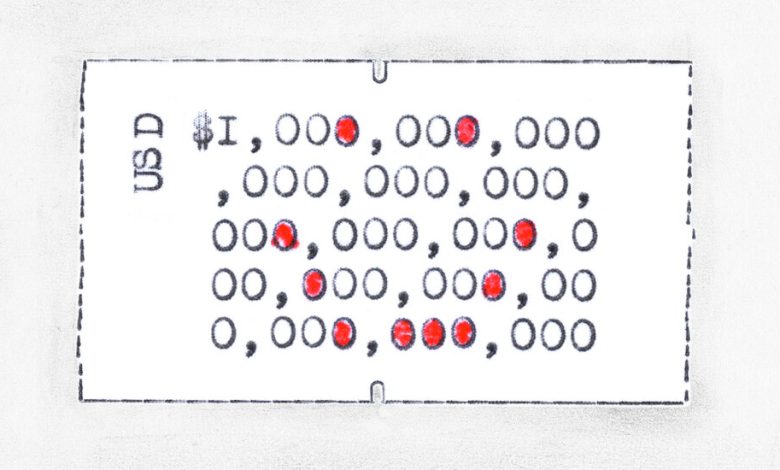I’m an Economist. Don’t Worry. Be Happy.

I, too, know that flash of resentment when grocery store prices feel like they don’t make sense. I hate the fact that a small treat now feels less like an earned indulgence and more like financial folly. And I’m concerned about my kids now that house prices look like telephone numbers.
But I breathe through it. And I remind myself of the useful perspective that my training as an economist should bring. Sometimes it helps, so I want to share it with you.
Simple economic logic suggests that neither your well-being nor mine depends on the absolute magnitude of the numbers on a price sticker.
To see this, imagine falling asleep and waking up years later to discover that every price tag has an extra zero on it. A gumball costs $2.50 instead of a quarter; the dollar store is the $10 store; and a coffee is $50. The 10-dollar bill in your wallet is now $100; and your bank statement has transformed $800 of savings into $8,000.
Importantly, the price that matters most to you — your hourly pay rate — is also 10 times as high.
What has actually changed in this new world of inflated price tags? The world has a lot more zeros in it, but nothing has really changed.
That’s because the currency that really matters is how many hours you have to work to afford your groceries, a small treat, or a home, and none of these real trade-offs have changed.
